How can I improve my confidence in my cooking abilities?
Learn how to boost your kitchen confidence.

Selfpause Affirmation App
Download the app to get 1,000’s of affirmation meditations and everything you need to write, record and listen to your own.
Cooking is an important life skill that can add joy and satisfaction to your day. However, it is common to feel intimidated or uncertain in the kitchen, especially if you are new to cooking. Fortunately, with some helpful tips and strategies, you can gain confidence in your cooking abilities. In this article, we’ll look at some practical ways to boost your kitchen confidence.
Begin with easy recipes.
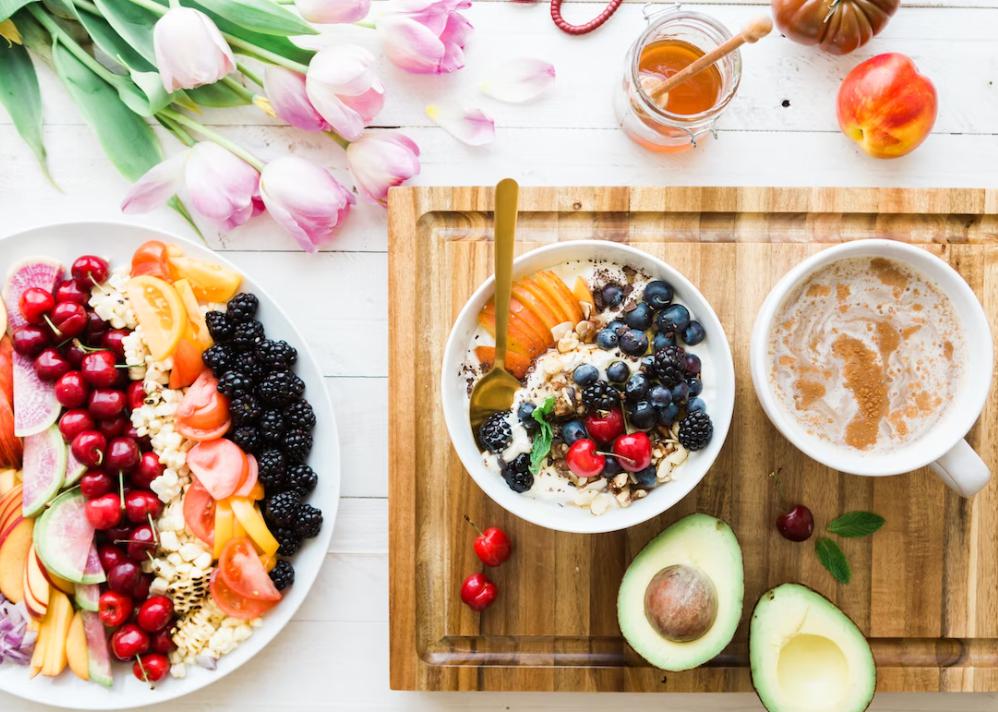
Starting with simple recipes is one of the best ways to gain confidence in your cooking abilities. Choose recipes that are simple to prepare and do not necessitate a lot of time or ingredients. This will make you feel more at ease in the kitchen and allow you to practice basic cooking skills like chopping, sautéing, and baking.
Look for recipes with the words “easy” or “beginner-friendly” in the title. You can also look for recipes with few ingredients or use basic cooking techniques. You can gradually try more complex recipes as your experience and confidence grow.
Recipes must be followed exactly.
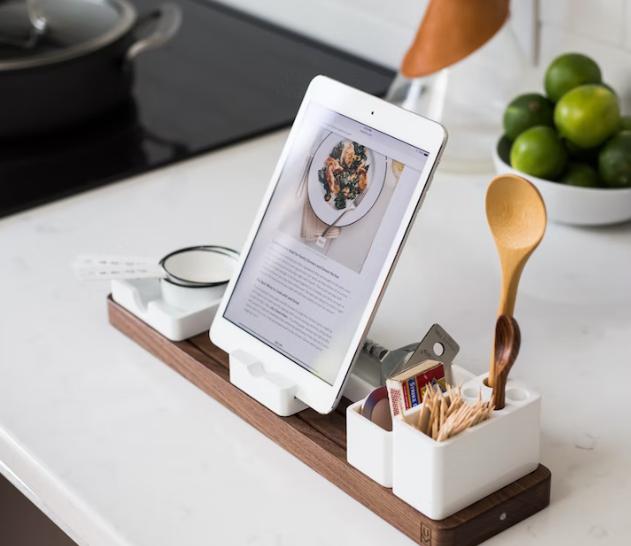
When you’re first starting out, it’s critical to stick to the recipes exactly. Before you begin, go over the recipe and make sure you have all of the necessary ingredients and equipment. Follow the steps in the correct order and take your time to ensure that you’re doing everything correctly.
If you’re unsure about a particular step or ingredient, look it up online or seek advice from someone with more experience. Remember that cooking is a process, and it’s okay to make mistakes or seek assistance.
Practice on a regular basis.
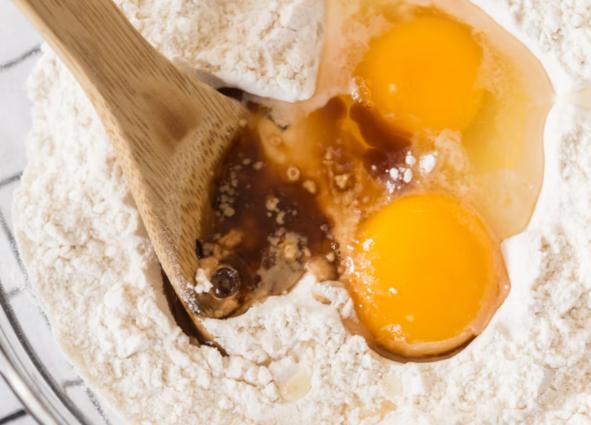
The more you cook, the more comfortable you will become. Make an effort to cook on a regular basis, even if it’s only a few times per week. This will allow you to try new recipes, experiment with flavors and ingredients, and practice different cooking techniques.
Make cooking a pleasurable experience rather than a chore. Play some music, pour a glass of wine, or invite a friend or family member to join you in the kitchen. The more you enjoy cooking, the more likely it is that you will continue to practice and improve your skills.
Participate in a cooking class or workshop.
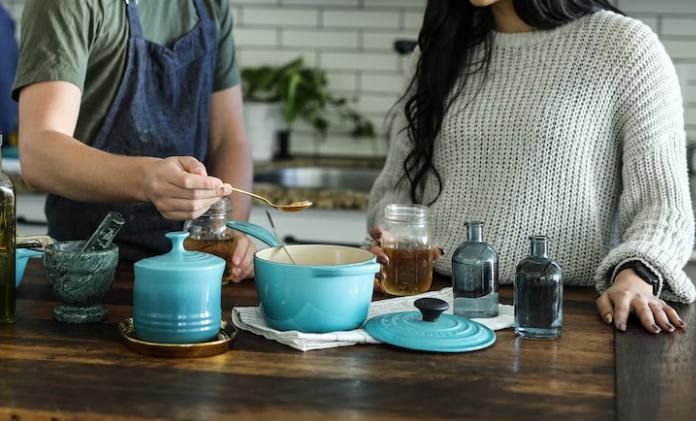
A cooking class or workshop can help you improve your cooking skills and gain confidence in the kitchen. Look for classes that teach fundamental cooking skills, such as knife skills or sautéing. Look for classes that specialize in particular cuisines or types of dishes, such as Italian cooking or baking.
Attending a cooking class or workshop can be a fun and social experience in addition to learning new skills and techniques. You’ll get to meet new people, try new foods, and learn from seasoned chefs and instructors.
Purchase high-quality kitchen tools and equipment.
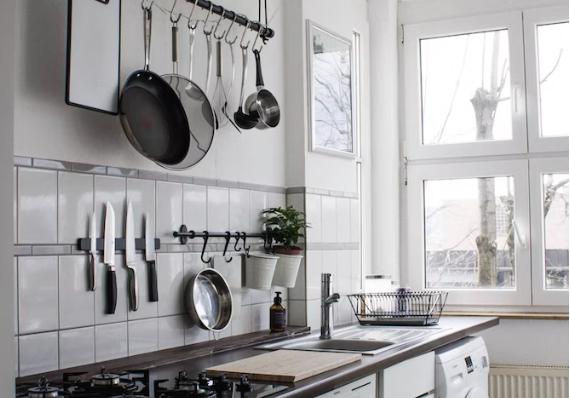
Having the proper tools and equipment can significantly improve your cooking abilities and confidence. Invest in high-quality kitchen tools like a chef’s knife, a cutting board, and mixing bowls. You might also want to invest in kitchen gadgets like a food processor or immersion blender to make cooking faster and easier.
Quality kitchen equipment can help you feel more confident in the kitchen because it allows you to work more efficiently and effectively. It can also make cooking more enjoyable because you will have the necessary tools to prepare delicious meals.
Cooking shows or tutorials should be watched.
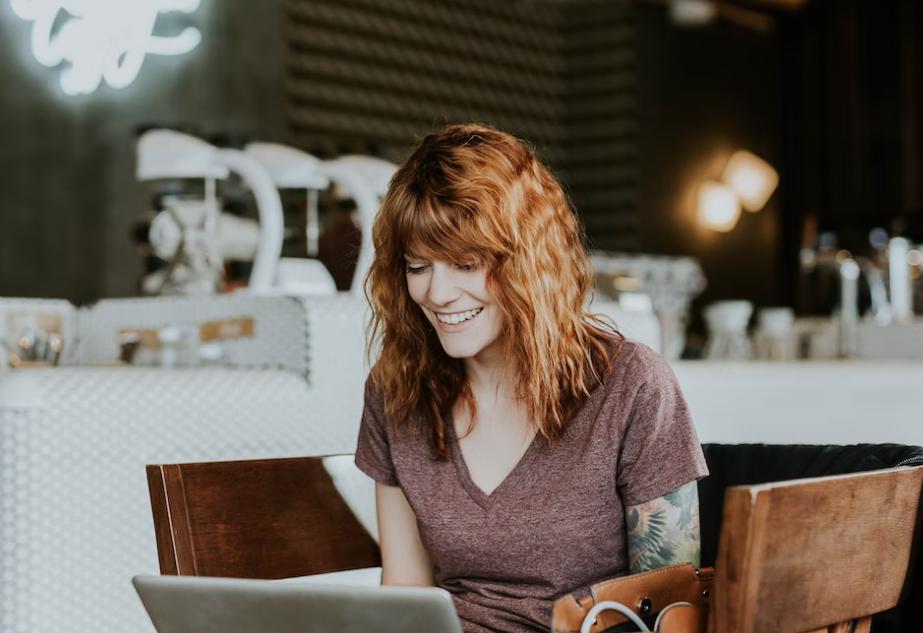
Cooking shows and tutorials can help you improve your cooking skills and get ideas for new recipes. Look for shows that focus on fundamental cooking techniques like chopping or grilling. You can also look for tutorials on YouTube or other online platforms to get step-by-step instructions and visual demonstrations.
You can also learn about new ingredients, flavor combinations, and cooking techniques by watching cooking shows or tutorials. You can then apply what you’ve learned in the kitchen to try out new recipes and flavors.
Make food for others.
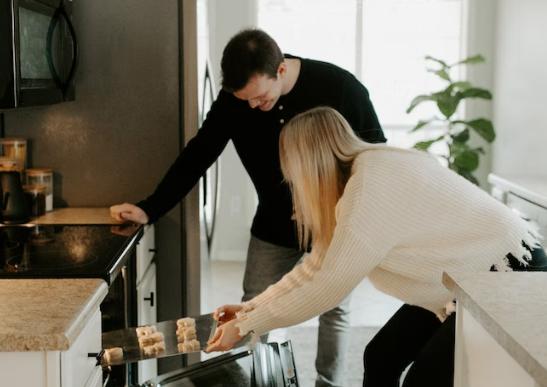
Cooking for others can help you gain confidence in your cooking abilities. Invite some friends or family over for dinner and experiment with a new recipe. In order to improve your cooking skills, solicit feedback and constructive criticism from others.
Cooking for others can also be a great way to share your love of cooking and show off your abilities. Seeing others enjoy your food can boost your confidence and motivate you to keep improving your skills.
Make no apologies for making mistakes.
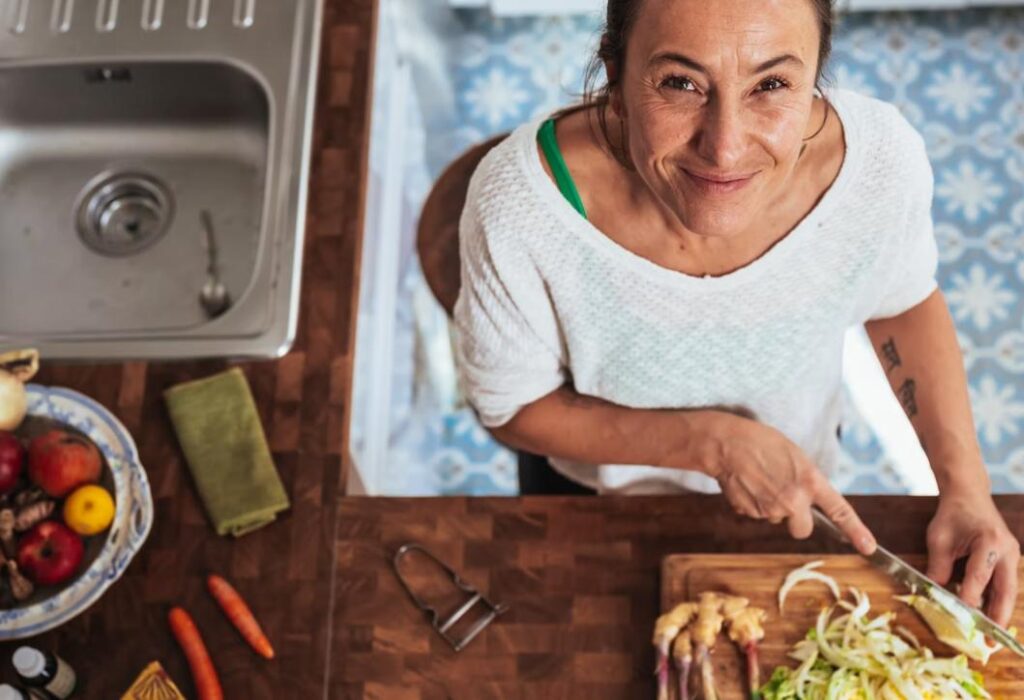
Making mistakes is a natural part of the learning process, so don’t be too hard on yourself when things don’t go as planned in the kitchen. Remember that even experienced chefs make mistakes on occasion.
Rather than being discouraged, view your mistakes as an opportunity to learn and grow. Examine what went wrong and how you can improve the next time. Don’t be afraid to give it another shot, and remember that practice makes perfect.
Play around with different flavors and ingredients.
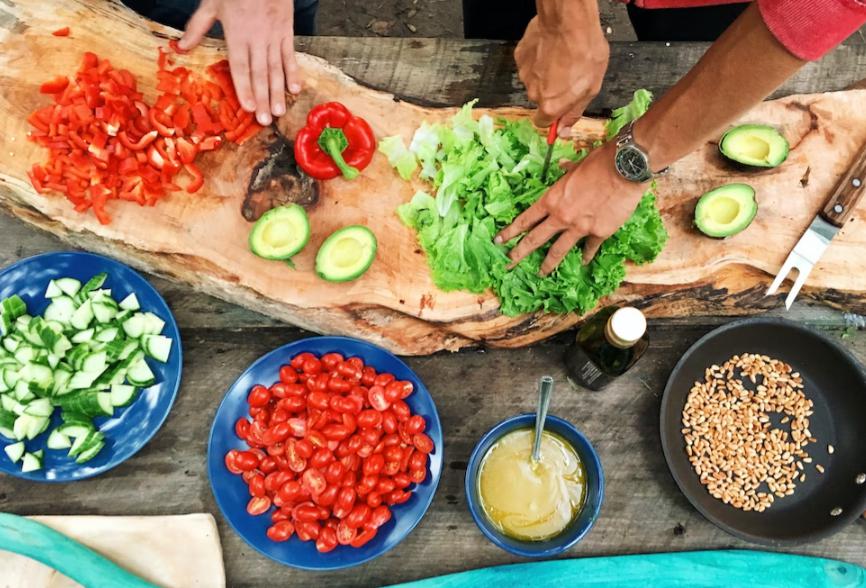
Cooking is both an art and a science, and experimenting with different flavors and ingredients can assist you in developing your own distinct cooking style. Don’t be afraid to experiment with new spices, herbs, or cooking methods. You might discover a new favorite ingredient or flavor combination to use in your cooking.
Experimenting with different flavors and ingredients can also help you gain confidence in the kitchen. By experimenting with new flavors, you’ll gain a better understanding of how different ingredients interact and which flavors you prefer.
Maintain a positive attitude.

Finally, it is critical to maintain a positive attitude while developing confidence in your cooking abilities. Don’t let fear or self-doubt prevent you from attempting new recipes or experimenting with new flavors. Instead, approach cooking with a sense of adventure and curiosity.
Remember that it takes time and effort to build confidence, and that every mistake or setback is an opportunity to learn and improve. You’ll be well on your way to becoming a more confident and skilled cook if you keep a positive attitude and focus on the joy of cooking.
Finally, with some helpful tips and strategies, you can gain confidence in your cooking abilities. Beginning with simple recipes, carefully following recipes, practicing on a regular basis, attending a cooking class or workshop, investing in quality kitchen tools and equipment, watching cooking shows or tutorials, cooking for others, not being afraid to make mistakes, experimenting with flavors and ingredients, and maintaining a positive attitude can all help you become a more confident and skilled cook. Remember that cooking is a process, and that every step you take is an opportunity to improve your skills and create delicious meals for yourself and others.
Our Top FAQ's
To learn to trust instincts and develop a unique cooking style, it can be helpful to:
– Experiment with different ingredients and techniques to find what works best for personal taste
– Take inspiration from favorite chefs or cuisines, but also be willing to put a personal spin on recipes
– Keep a record of successful experiments and use them as a foundation for future creations.
